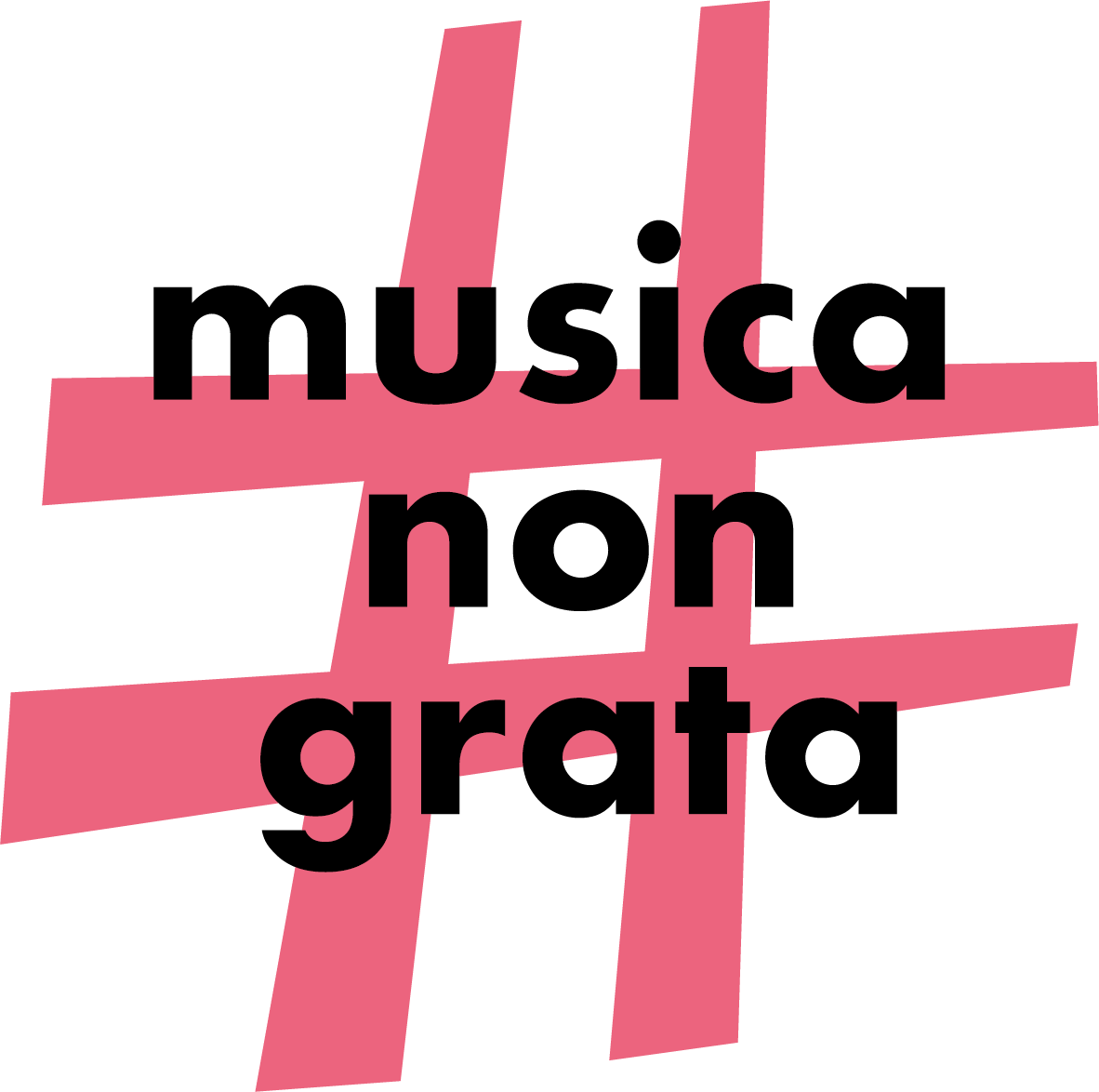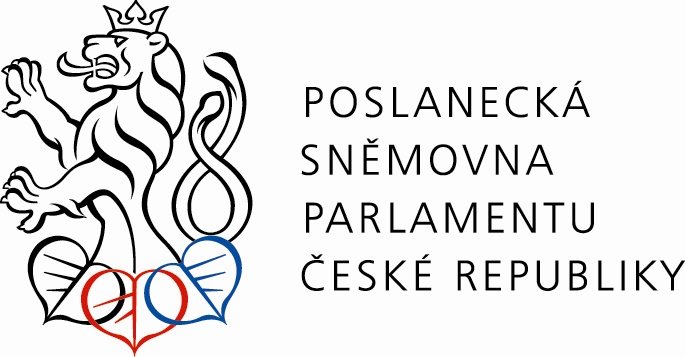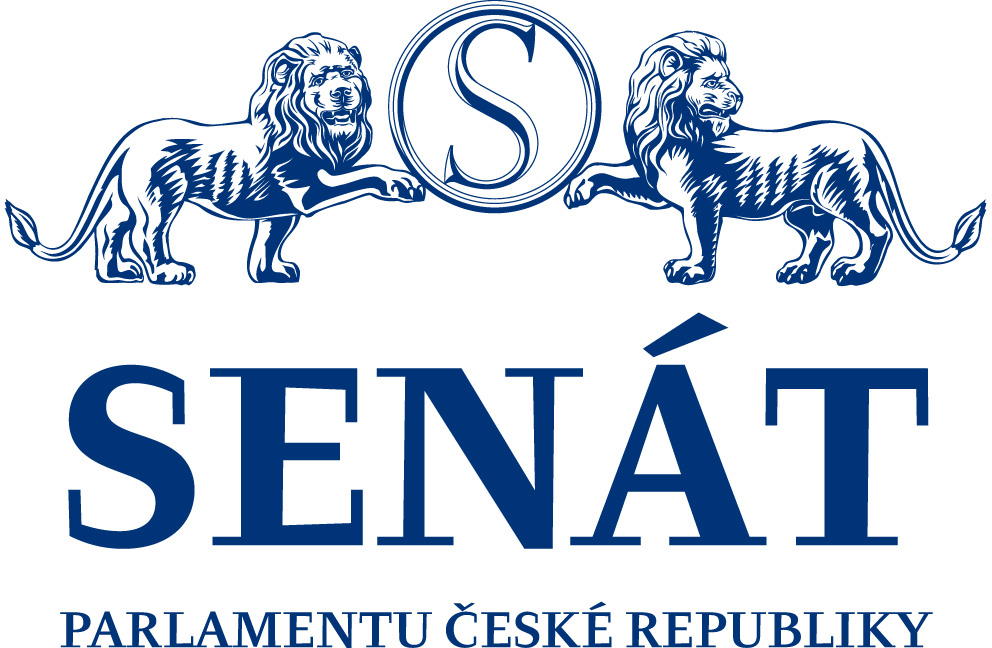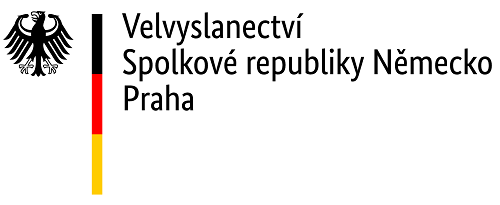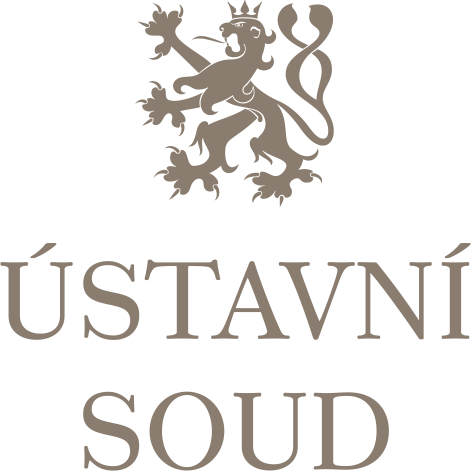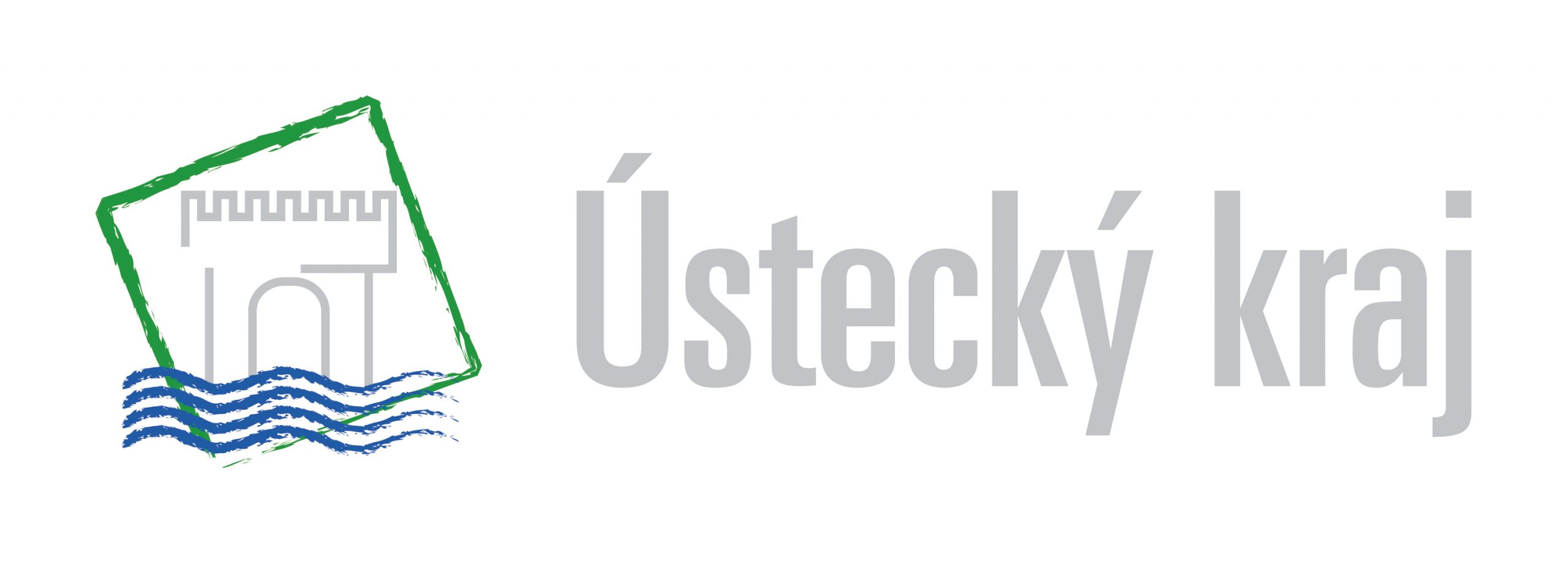RECORDED CONCERT
Jiří Vodička - violin
Irvin Venyš - clarinet
Martin Kasík - piano
Jiří Bárta - cello
Program:
Gideon Klein: Lullaby
Johann Sebastian Bach: Suite in C minor No. 5 for cello
Olivier Messiaen : Quattuor pour la fin du temps (Quartet for the End of Time)
Olivier Messiaen's Quartet for the End of Time premiered in 1941 in a prison camp in Görlitz, Germany. The atypical nature of the cast is due to the instrumental diversity of the author's fellow prisoners. The quartet is one of the pinnacles of chamber music of all time. In conjunction with Johann Sebastian Bach's Suite in C minor, it will be an evening full of polyphony, emotions, eternity and hope.
Jiří Vodička, concertmaster of the Czech Philharmonic, soloist and chamber musician, is one of the most important and sought-after Czech violinists. As a child, he made a name for himself with victories in many competitions - especially in the J. Kocian International Violin Competition, the Prague Junior Note and Čírenie talentov (Slovakia). In 2002 he won the first prize at the international violin competition Beethoven's Hradec and in the same year also the prize for the best participant in violin courses by Václav Hudeček, with whom he subsequently attended dozens of concerts throughout the Czech Republic. In 2004, he also won the title of absolute winner at the prestigious Louise Spohr International Violin Competition held in Weimar, Germany. In 2008, he won first and second prizes at the world-famous Young Concert Artist competition, which took place in Leipzig and New York.
At the age of 14, Jiří Vodička was extraordinarily accepted to a university - the Institute for Art Studies in Ostrava, in the class of renowned teacher prof. Zdeněk Gola. In 2007, he completed his master's degree here.
Jiří Vodička regularly performs as a soloist with many prominent Czech and foreign orchestras, such as the Czech Philharmonic, the Prague Chamber Philharmonic, the FOK Symphony Orchestra, the Czech Radio Symphony Orchestra and others. He also performed with Qatar Philharmonic Orchestra and the Neue Westfalen Philharmonie. He is a long-time soloist of the leading Chinese orchestra Wuhan Philharmonic Orchestra. He also collaborates with important conductors like Jiří Bělohlávek, Jakub Hrůša, Tomáš Netopil and others.
In 2014, he recorded his debut solo album "Violino Solo" for Supraphon, which contains some of the most difficult compositions for solo violin and which was positively received by critics at home and abroad. Many of his concerts were recorded by Czech Television, Czech Radio or the German ARD.
As a chamber player, he performs with excellent Czech pianists Martin Kasík, Ivo Kahánek, Ivan Klánský and Miroslav Sekera. In 2011 he was invited by the famous violinist Gidon Kremer and together with many world artists he performed at his festival Kammermusikfest in Lockenhaus, Austria . He is regularly invited to important festivals - for example, Prague Spring, Janáček's May, Hohenloher Kultursommer , Choriner Musiksommer and others. Since 2012, he has been a member of the Smetana Trio, with which he recorded two CDs for Supraphon.
In 2015 he became the concert master of the Czech Philharmonic. He is a teacher at the Prague Conservatory and the University of Ostrava.
He plays the Italian instrument Joseph Gagliano 1774.
Irvin Venyš is one of the most prominent artists of the young Czech generation. He holds many awards from world-renowned competitions (Prague Spring, Pacem in Terris Bayreuth, EBU New Talent, Paris, Zurich, Madeira). He has repeatedly defended these awards at prestigious festivals such as the Mitte Europa Festival, the Pablo Casals Festival in Prades , and on the stages of a number of countries (Japan, Germany, France, Spain, etc.). His musical activities range from the classical clarinet repertoire to extremely demanding compositions of the 20th and 21st centuries (he premiered works by Osvald Golijov, Betty Oliveiro, Isang Yun, Jan Dušek, etc.), but he does not avoid folklore either. He collaborates with leading international soloists and conductors - Heinz- Jörg Schellenberger , Radovan Vlatković, Zakhar Bron, Peter Czaba, Igor Ardašev, Libor Pesek, Ralph Gothoni, Elina Vahala, Michel Lethiec, Hagai Shaham, Andre Cazalet and Jean-Louis Capezzali etc.
Irvin graduated from the Conservatory in Brno, at the Academy of Performing Arts in Prague he completed a master's and subsequently a doctoral cycle in the class of professors Jiří Hlaváč and Vlastimil Mareš. He now works here as an educator. He completed his education with a one-year internship at the Conservatoire Supérieur de Musique et de Danse in Paris in the prestigious class of Michel Arrignon. Recently he has recorded for Czech Radio, Czech Television, Mitteldeutsch Rundfunk, ORF and Arco Diva.
Jiří Bárta is the most prominent cellist of his generation in our country. The initiator, artistic director and co-founder of the International Chamber Music Festival in Kutná Hora has been one of the top cellists of his generation since the 1990s. As part of his extensive concert activities, he performs in collaboration with leading performers and orchestras in major concert halls and festivals throughout Europe, America, Japan and Australia. He is an enthusiastic promoter of contemporary music: he has collaborated with Petr Eben, Marek Kopelent , Peter Graham, Pavel Zemek, Martin Smolka and Ondřej Kukal among others. He performed many compositions, often written for him, in the Czech or world premiere. He does not hesitate to rediscover the compositions of lesser-known composers of the 19th century, he is interested in the authentic interpretation of early music and he is passionate about chamber music.
He has won a number of important awards, including the Hammer Rostropovich Award (Los Angeles 1991), the Europäische Förderpreis für Musik (Dresden 1991), the Harmonie awards for the best Czech classical music recording (1995, 1999), the Klassik Heute Empfehlung , and the Gramophone Editor’s Choice. Grammy Award London (for joint recording of the song repertoire with Magdalena Kožená) and many others. In addition to Supraphon, Jiří Bárta also shot for Lotos, Deutsche Gramophon and most recently for London's Hyperion. His discography includes, among others, Bach's suites, Shostakovich's concerts, as well as Foerster's concert and Rubinstein's sonatas. He works in the Eben Trio.
Martin Kasík, winner of one of the world's most prestigious Young Concert Artists Competitions in New York in 1999, has been playing the piano since he was four years old. He graduated from the Janáček Conservatory in Ostrava and the Academy of Performing Arts in Prague under the guidance of prof. Ivan Klánský. He has won many domestic and international competitions, including the Prague Spring 1998 competition. He holds the Davidoff Prix 2000 for the best Czech performer under the age of 28 in the field of classical music.
Winning the Prague Spring 1998 and Young Concert Artists competitions in New York in 1999 paved the way for him to world stages. He has performed at Carnegie Hall, the Berlin Philharmonic Hall, the Tonhalle Zürich, the Gewandhaus in Leipzig, the Suntory Hall in Tokyo or the Concertgebouw Amsterdam, the halls in Rotterdam, Helsinki, Barcelona, Washington, etc.
Under the baton of conductors (Pinchas Zukerman, Yakov Kreizberg, Ingo Metzmacher, Ken-Ichiro Kobayashi, Libor Pešek, Jakub Hrůša, Thomas Netopil) appeared with the Chicago Symphony Orchestra, Minneapolis Symphony Orchestra, New York Chamber Philharmonic, DSO Berlin, Tonhalle-Orchester Zürich, Stuttgarter Philharmoniker, Helsinki Philharmonic or Singapore Philharmonic. He regularly collaborates with the Czech Philharmonic and the Prague Symphony Orchestra FOK, with which he made a concert tour of Japan and the USA.
In addition to his concert activities, Martin Kasík teaches at the Academy of Performing Arts in Prague and the Prague Conservatory. He is the artistic director of the Chopin Festival in Mariánské Lázně. His recordings for Supraphon and Arco Diva have won top awards in Gramophone, Repertoire and Harmonie magazines.
Everlasting Hope 2021
Prayer room of the Czech Brethren Evangelical Church, Prague
13 March 2021
We are living in strange times: much of what we took for granted until recently has become rare, and much of it has become almost inaccessible. If any encounter with beautiful classical music and its excellent performers is valuable to you, then it is very good that this virtual connection of ours is available to you - because we want to offer you excellent musicians playing extraordinary compositions at least this way. And we bring hope to the strange times in which slowly but surely creeps in hopelessness. Even Everlasting Hope: this is the first concert of the third year of the International Music Festival Everlasting Hope, which reflects works created mainly in times of lack of freedom, primarily by the so-called Terezín authors.
The festival’s dramaturgy was built by this year’s dramaturg Peter Nouzovský under the auspices of the Foundation's Everlasting hope and a member of its Board of Directors Martina Jankovská. It was supposed to be spread throughout a few days to weeks last autumn, at various locations in Prague and Terezin. But our festival couldn’t continue due the sinister and embracing phenomenon of today - hiding under the brand Covid-19. It interrupted the Everlasting Hope, but did not stop it — what hope would it be if it were subject to external conditions? And so the festival found new places and dates for their concerts, lectures and meetings. A documentary was filmed about Terezin authors, which can be seen on the festival website vecnanadeje.org and through technology it is looking for a way to you, to its listeners.
This evening, here in the neo-Gothic chapel of the Church of Czech Brethren Evangelical in Prague’s Vinohrady three spiritual worlds intersect in a special way, from the environment arising out of or in them a lifelong moved three today putting authors: the Jewish part is represented by Terezín internee Gideon Klein, the Protestant line is represented by the Baroque great Johann Sebastian Bach, and finally the Catholic Frenchman Olivier Messiaen. It was Messiaen’s work that was directly based on a biblical text, as his Quartet for the End of Time is inspired by the Revelation of St. Jana, the so-called Apocalypse, will be the final and highlight of our concert. Before Messiaen’s Quartet for violin, clarinet, cello and piano only four strings will be played - in one of Bach's suits for solo cello, which can certainly give mark of "old testament" for cello literature. And the introduction of the concert will include a combination of piano and violin connected in a few mournful minutes through Gideon Klein’s Lullaby composed in Terezín ghetto, written originally for a Hebrew text .
It is dated for the 6 February 1943. Gideon Klein was 23 years old, born in Přerov, and until recently pupil of a famous pianist and pedagogue Wilhelm Kurz and soon even the father of quarter-tone music Alois Hába. He has now been interned in Terezín for 14 months for his Jewish ancestry. He became one of the main figures in cultural life here, which the Nazis supported so that they could use it for propaganda purposes, to show that the Jews in Terezín were well taken care of. We know that they weren’t, but whoever could, got involved: so that it was not just a matter of survival, but also, thanks to art, a sad and dark, but still a life. Gideon Klein played the piano, composed, organized concerts. It was him who found and repaired the legendary first Terezín piano on one of the floors, on which he then secretly played old masters, romantics, Janáček or even his own compositions. In October 1944, Klein, and with him the composers Hans Krása, Viktor Ullmann and Pavel Haas, were transported to Auschwitz. Klein's colleagues were probably sent straight to death in a gas chamber, and Gideon - perhaps for his youth and physical strength - lived for several more months. His trail was lost in the nearby Fürstengrube concentration camp. Fortunately, Klein left his compositions in Terezín before the transport, and so most of them have survived, including the Lullaby, which we will not hear sung with a Hebrew text today, but we still believe that it will speak without words about the hopes, desires and especially the talent of her creator, which was so forcibly stopped in work when he was just 25 years. Gideon Klein's lullaby is played by Martin Kasík and Jiří Vodička .
Gideon Klein: Lullaby
Two compositions of this concert are a reflection of wartime times - even two faces of the same World War II, Klein's Terezín Lullaby and Messiaen's Quartet which written in captivity. In the middle of them is a majestic musical touch of the Baroque period, with the work of a giant whose name is synonymous with perfect counterpoint and Baroque music as such: Johann Sebastian Bach. Perhaps every composer, whether written in any time and in any style, confronted with the creation of Bach and almost everyone had leanings to its timeless genius. Although we choose from his work the tones intended for a single instrument, the cello, we can also hear and admire Bach's supreme polyphonic thinking , which is somehow latently present , on the individual parts of the suite for a monophonic instrument . The six suites of the 20s of the 18th century, from the time of Bach's action in the service of Duke Leopold of Köthen and Anhalt , was for centuries perceived as instructive song. This view was radically transformed by the phenomenal Spanish cellist Pablo Casals , who made them a staple of the concert repertoire at the beginning of the 20th century. After all, Casals himself stated at the time : “These suites were considered an academic branch, a mechanical junk of etudes without musical warmth. Just imagine. How can anyone consider them cold - after all, they are full of poetry and heat, they radiate throughout the space! They are the quintessence of Bach's creation as well as Bach the quintessence of all music. " So much for Pablo Casals about the Bible of all cellists. In our case here, in the chapel of the Church of Czech Brethren Evangelical in Vinohrady, the excellent Jiri Barta, who his recording of the complete Bach suites years ago, got a great acclaim from critics and the audience. He returns to this music like we return to the Bible, and that you, a virtual audience of the festival Everlasting Hope through Suit at no. 5 in C minor (BWV 1011) with parts Preludium - Allemande - Courante - Sarabande - Gavotte - and Gigue.
JS Bach: Suite No. 5 for solo cello, in C minor (BWV 1011)
There are compositions that captivate us with their pure musical beauty, there are compositions that add a deep spiritual non-musical message to them, and there are also compositions that have a strong effect due to the circumstances of their origin. All three of these aspects combine into a world-famous work, which is a prayer of the Evangelical Church in Prague Korunní street sounds for a few moments: just his name reveals for bonding earthly and unearthly: Quatuor pour la fin du temps (Quartet for the End of Time), one of the most famous pieces of the great French musician of the 20th century, Olivier Messiaen.
It is known that the deeply religious composer was a phenomenal organist and for over 60 years almost every week he played the royal instrument at Mass in the Paris Cathedral of the Holy Trinity. It is known how revered and sought after he was as a teacher at the Conservatory in Paris, of course it is known how passionate and educated he was of an ornithologist - who recognized any bird song and cleverly made it one of the pillars of his musical speech - in addition to his own systems of fashions, rhythmic patterns, etc. As breath-taking as his organ, piano and symphonic compositions are, I believe that among Messiaen's admirers we will find many who will call the quartet For the End of Time as their favourite work of his work .
Imagine a cold January evening in 1941 in the environment of a prisoner of war camp in today's Görlitz, Poland, then Germany’s . Several hundred prisoners - enemies of the reich - are expecting something extraordinary in the Stalag 8 camp - a concert, music composed by their fellow prisoner, a 31-year-old French composer. Only thanks to the favour of a German officer, a music lover, he was allowed to enrol, study and perform his quartet. It has a special cast - given the possibilities of the prisoners - violin, clarinet, cello and piano. And it also has a special name: Quartet for the End of Time. That composer, Olivier Messiaen , reached for the biblical chapter of the Revelation of St. John , where it is written: “Here I saw another mighty angel descending from heaven, shrouded in a cloud. There was a rainbow over his head, his face like the sun, his feet like pillars of fire, his right foot on the sea, his left on land. And the angel which I saw stand upon the sea and upon the earth lifted up his right hand to heaven, and sware by him that liveth for ever and ever, who created the heavens, the sea, and all that is therein, confirming that the time is the end; in the days of the trumpet of the seventh angel, the mystery of God will be fulfilled. "
It was these words that led Messiaen's hand in the composition, which contains all his artistic credentials : ubiquitous mods such as the unchanging order of God, rhythmics without a regular subway that helps eliminate time , birdsong, messengers of God, especially in the famous third movement for solo clarinet. 8 sentences : 7 of them as 7 days - in 6 days God created the world, rested on the seventh day, and as the composer writes, “the seven of this peace is extended to eternity and becomes the eight of the unquenchable light of unchanging peace. " Individual sentences bear names: Crystal liturgy - Vocalism for angel proclaiming the End of Time - Abyss birds - Interlude - Hymn to the eternity of Jesus - Dance of anger for the seven trumpets - Shake of rainbow for the angel who announces the End of Time - Ode to Immortality of Jesus.
Messiaen later stated that he had never been listened to with such attention and understanding as then - by the hundreds of prisoners during the captivity of the war. During the glorious and eventful premiere his colleagues - inmates were certainly very good musicians, those who were available in the camp. We - the festival Everlasting Hope - have on disposal the best of the best: Consider - the first violin will be played by concert master of the Czech Philharmonic Orchestra Jiři Vodička, cello will play Jiři Bárta, clarinet Irvin Veniš and the piano played by Martin Kasík, which was then procured by Olivier Messiaen.
Every time brings its problems - but in each it seems wise to keep the hope of overcoming evil. Let Everlasting Hope help you overcome your current afflictions, fears and problems. We look forward to the next meeting!
O. Messiaen : Quatuor pour le fin du temps / Quartet for the end of time
